Maine expands definition of domestic abuse – The Maine Monitor

Legislative Advancements in Maine Address Domestic Abuse and Sustainable Development Goals
A recent legislative amendment in Maine has officially incorporated “coercion” into the state’s protection-from-abuse statute. This development directly addresses key United Nations Sustainable Development Goals (SDGs), particularly SDG 5 (Gender Equality) and SDG 16 (Peace, Justice and Strong Institutions), by strengthening legal protections against nonphysical forms of domestic violence.
Aligning Legal Frameworks with SDG 5: Gender Equality
The new law targets coercive control, a pattern of behavior aimed at dominating and controlling a partner, which disproportionately affects women and serves as a significant barrier to achieving gender equality.
Recognizing Coercive Control as Violence Against Women
Coercive control encompasses a range of tactics that undermine a victim’s autonomy and well-being, directly contravening the objectives of SDG Target 5.2, which calls for the elimination of all forms of violence against women and girls. An illustrative case involved a woman whose husband subjected her to obsessive financial monitoring and psychological abuse, demonstrating how such control operates without physical violence. These tactics include:
- Stalking and intimidation
- Isolation from support networks
- Psychological and emotional manipulation
- Financial abuse, limiting a victim’s access to economic resources
This legislative recognition is a crucial step in validating the experiences of survivors and formally classifying these insidious behaviors as abuse.
Strengthening SDG 16: Peace, Justice, and Strong Institutions
The amendment to Maine’s statute is a direct effort to make legal institutions more accessible, accountable, and effective, in line with the principles of SDG 16.
Enhancing Access to Justice for Survivors
Prior to the change, many survivors, particularly those without legal representation, found the legal system difficult to navigate. Although the behaviors associated with coercive control were often covered under different parts of the existing statute, the absence of the explicit term created a perceived barrier to justice, undermining SDG Target 16.3 on ensuring equal access to justice for all. Andrea Mancuso of the Maine Coalition to End Domestic Violence noted that survivors often concluded that these patterns of abuse would not qualify them for a protection order. This change aims to make the statute more accessible and understandable for plaintiffs navigating the process alone.
The Legislative Process and Institutional Response
The bill, proposed by Rep. Holly Eaton, underwent significant debate, reflecting the challenge of refining legal instruments to be both effective and just.
- Initial Proposal: The original bill provided a detailed definition of coercive control as “a pattern of behavior designed to dominate, isolate, manipulate or exploit,” listing specific examples such as financial control and monitoring.
- Stakeholder Concerns: Various organizations, including the Maine Prisoner Advocacy Coalition and the Maine Association of Criminal Defense Lawyers, raised concerns about the vagueness of the initial language and the potential for it to be used against victims.
- Final Amendment: The Judiciary Committee ultimately resolved to add the single word “coercion” to the existing statute, a compromise that satisfied most parties by clarifying the law’s intent without introducing potentially problematic definitions.
While some stakeholders view the final bill as a modest, “feel-good” measure, supporters like Patrisha McLean of Finding Our Voices consider the inclusion of the word “coercion” to be a validating and progressive step for the state.
Broader Implications for Sustainable Development
The recognition of coercive control has implications beyond SDG 5 and SDG 16, connecting to broader development goals concerning health and economic stability.
Interconnections with Health and Economic Well-being
- SDG 3 (Good Health and Well-being): The psychological and emotional toll of coercive control is a significant public health issue, impacting the mental health and well-being of survivors.
- SDG 8 (Decent Work and Economic Growth): Financial abuse, a key component of coercive control, directly inhibits a victim’s economic independence and participation, preventing them from achieving decent work and contributing to economic growth.
By addressing coercive control, Maine’s legal system is taking a step toward creating a safer environment that supports the holistic well-being and empowerment of its citizens, aligning with international standards set by other states and nations like the United Kingdom and the Republic of Ireland.
SDGs Addressed in the Article
-
SDG 5: Gender Equality
The article directly addresses gender-based violence by focusing on domestic abuse and coercive control, which disproportionately affect women. The story of Jane, a female victim of financial and psychological abuse by her husband, and the testimony from “Fifteen women…on behalf of Finding Our Voices, a nonprofit that supports survivors of domestic abuse,” highlight the gendered nature of the issue. The new law aims to provide better legal protection for these victims, aligning with the goal of eliminating violence against women.
-
SDG 16: Peace, Justice and Strong Institutions
The core theme of the article is the strengthening of legal institutions to provide better access to justice. It details the legislative process in Maine to amend its protection-from-abuse statute by adding the term “coercion.” The discussion revolves around how this change makes the legal system more accessible and responsive to the needs of abuse survivors, particularly those who “navigate the protection order process without an attorney.” This directly relates to building effective, accountable, and inclusive institutions at all levels.
-
SDG 8: Decent Work and Economic Growth
The article touches upon the economic dimension of abuse. The definition of coercive control in the original bill explicitly included “limiting a person’s access to financial resources.” Jane’s story exemplifies this; although she was the “breadwinner,” her husband “obsessively monitored their finances,” a form of economic abuse that undermines a person’s economic independence and security, which are essential for decent work and economic empowerment.
Specific SDG Targets Identified
SDG 5: Gender Equality
-
Target 5.1: End all forms of discrimination against all women and girls everywhere.
Coercive control, as described in the article, is a pattern of behavior designed to dominate and manipulate, which constitutes a form of discrimination and abuse that curtails the rights and freedoms of victims, who are often women.
-
Target 5.2: Eliminate all forms of violence against all women and girls in the public and private spheres.
The article’s entire focus is on domestic violence, a form of violence occurring in the private sphere. It specifically addresses non-physical tactics like “stalking, intimidation, and financial abuse,” which the new Maine law now more clearly recognizes as part of the spectrum of domestic abuse.
SDG 16: Peace, Justice and Strong Institutions
-
Target 16.1: Significantly reduce all forms of violence and related death rates everywhere.
The legislation discussed is a preventative measure aimed at reducing a specific form of violence—coercive control—by making it easier for victims to obtain protection-from-abuse orders before the abuse escalates.
-
Target 16.3: Promote the rule of law at the national and international levels and ensure equal access to justice for all.
The article highlights the struggle of survivors “to navigate a legal system that did not recognize the full extent of the abuse they suffered.” The new law, by adding the word “coercion,” is intended to make the statute more accessible and understandable for plaintiffs without legal representation, thereby improving their access to justice. Jane’s statement that she initially thought “there’s no point in pursuing this” because the law didn’t mention coercion underscores this barrier.
SDG 8: Decent Work and Economic Growth
-
Target 8.5: By 2030, achieve full and productive employment and decent work for all women and men… and equal pay for work of equal value.
The article identifies “financial abuse” and “limiting a person’s access to financial resources” as key components of coercive control. This type of abuse directly obstructs a victim’s economic autonomy and ability to benefit from their labor, even when they are the primary “breadwinner” like Jane. It is a barrier to achieving the economic security that underpins decent work.
Indicators for Measuring Progress
SDG 5: Gender Equality
-
Implied Indicator: Prevalence of non-physical intimate partner violence.
The article describes various forms of non-physical violence, such as a husband subjecting his wife to “a furious tantrum or days of the silent treatment,” obsessive financial monitoring, stalking, and intimidation. The number of reported cases or testimonies from survivors, like those from the 15 women of “Finding Our Voices,” can serve as a measure of this issue’s prevalence.
SDG 16: Peace, Justice and Strong Institutions
-
Implied Indicator: Number of protection-from-abuse orders sought and/or granted based on coercive control.
The article implies that the previous law was a barrier for victims like Jane, who felt they would be “denied.” A potential indicator of the new law’s success would be tracking the number of individuals who now seek and obtain protection orders by citing behaviors associated with coercion, reflecting improved access to the legal system.
-
Indicator: Adoption and implementation of laws related to domestic abuse.
The central event of the article is Gov. Mills signing a bill to add “coercion” to Maine’s protection-from-abuse statute. The existence and enforcement of such legislation is a direct indicator of institutional action to protect victims of violence.
SDG 8: Decent Work and Economic Growth
-
Implied Indicator: Number of domestic abuse cases involving financial abuse.
The article explicitly mentions “financial abuse” and the tactic of “limiting a person’s access to financial resources.” Tracking the frequency of this specific form of abuse in protection order filings or survivor reports would be an indicator of the economic dimension of domestic violence.
SDGs, Targets and Indicators
| SDGs | Targets | Indicators |
|---|---|---|
| SDG 5: Gender Equality |
|
|
| SDG 16: Peace, Justice and Strong Institutions |
|
|
| SDG 8: Decent Work and Economic Growth |
|
|
Source: themainemonitor.org

What is Your Reaction?
 Like
0
Like
0
 Dislike
0
Dislike
0
 Love
0
Love
0
 Funny
0
Funny
0
 Angry
0
Angry
0
 Sad
0
Sad
0
 Wow
0
Wow
0
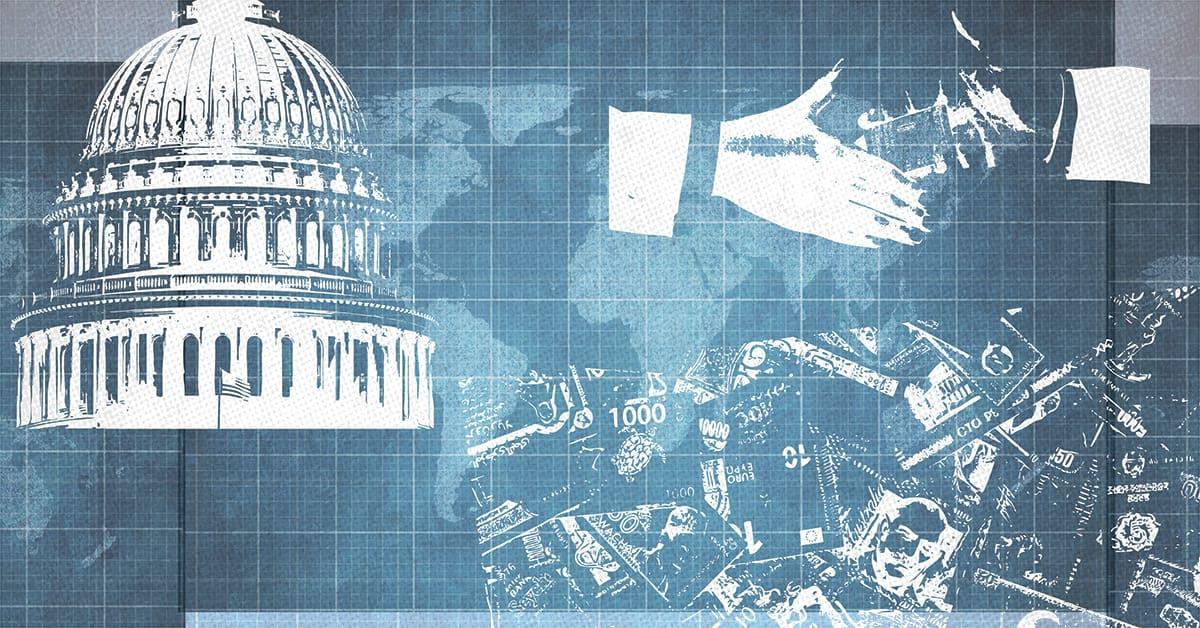






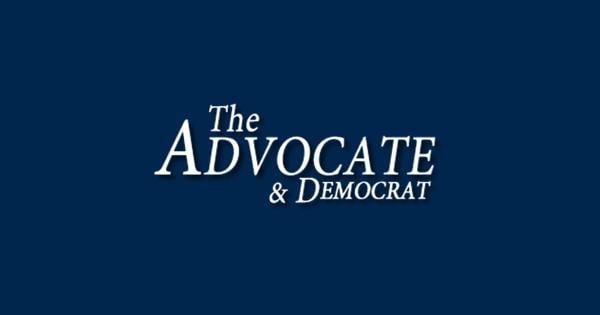







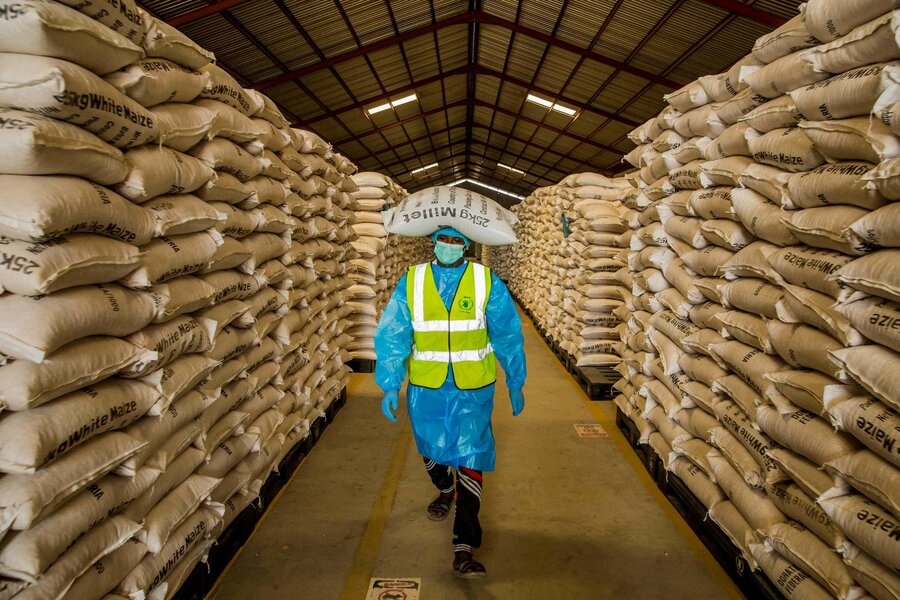








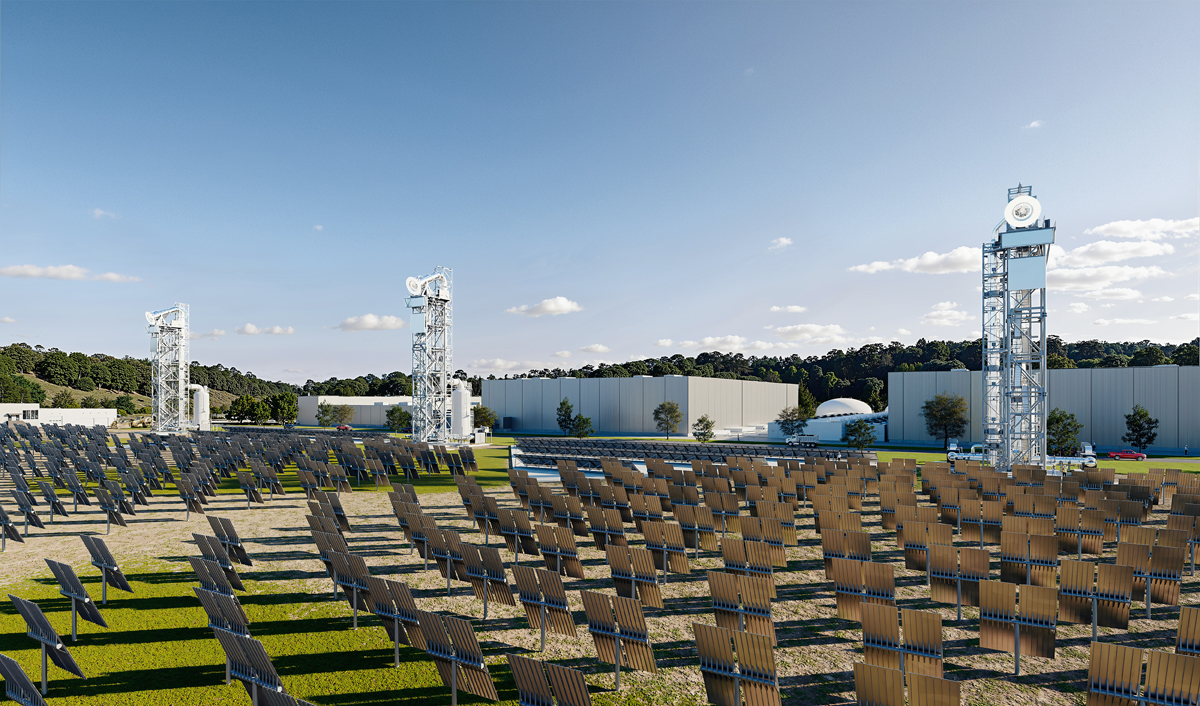




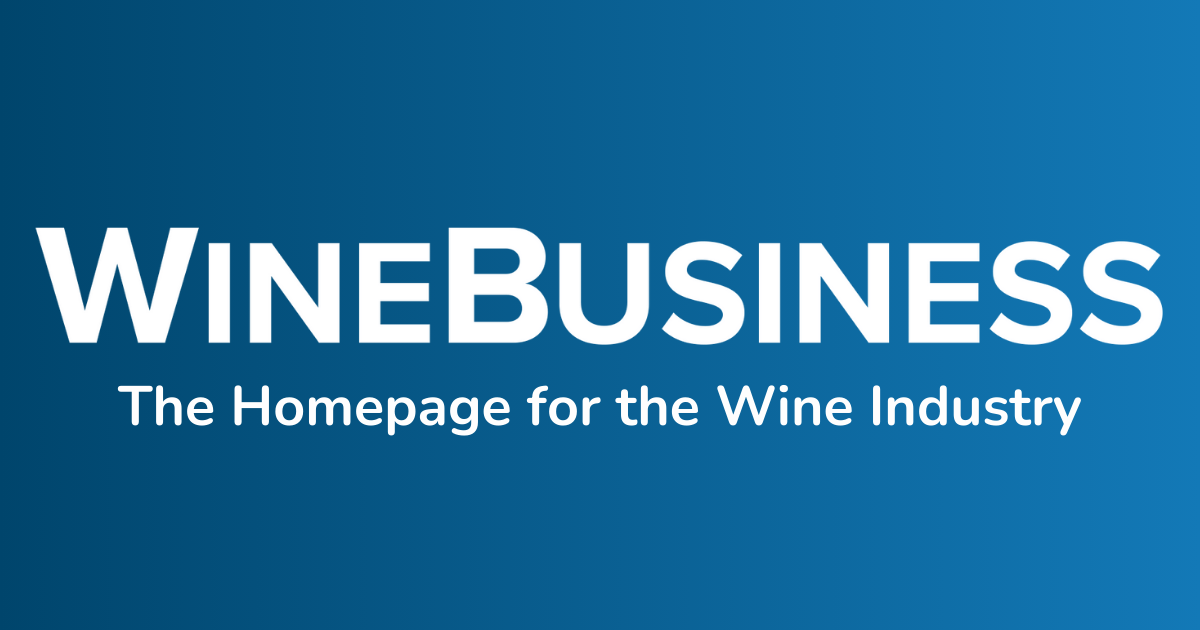

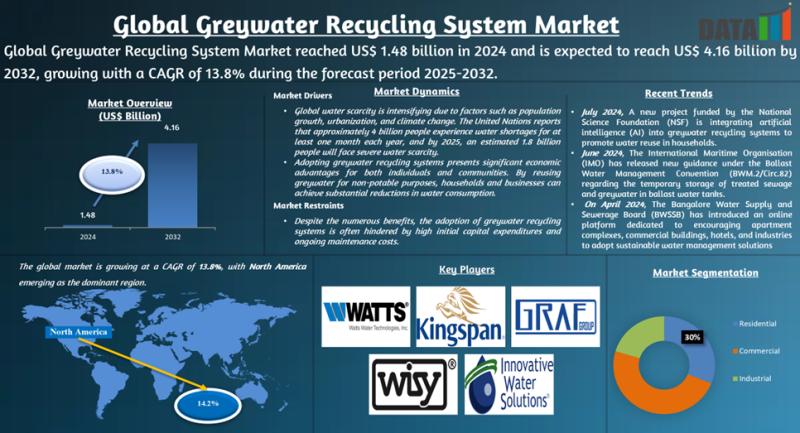

















:focal(1500,1000)/https://media.globalcitizen.org/a6/9a/a69a4720-d8a1-4715-b596-18738d03c05c/rotary_polio_hero_image.jpg?#)



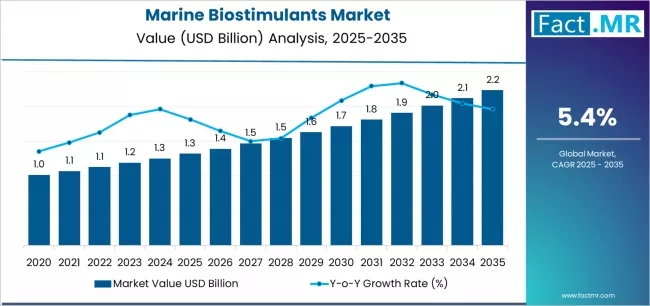


/countries/sri-lanka/photo-credit---dmc-sri-lanka.tmb-1200v.jpg?sfvrsn=dc298bcc_1#)








/https://media.globalcitizen.org/a4/38/a4384948-9c8e-4a4b-a98d-87e69fbd2f66/nadine-e-drzymtae-va-unsplash.jpg?#)







